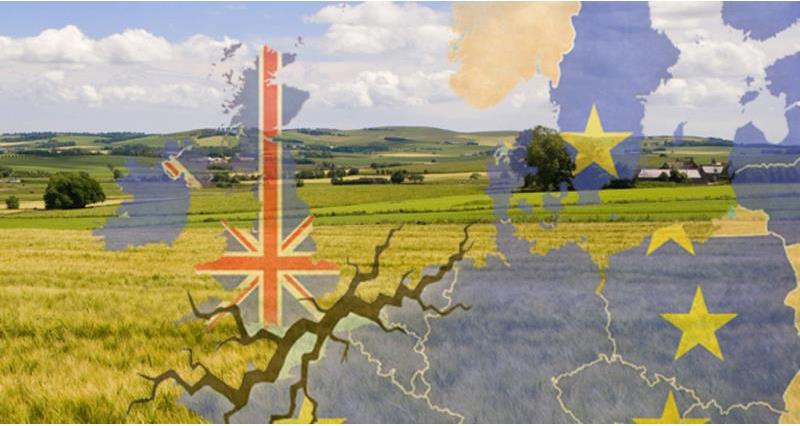The NFU welcomed the Chequers White Paper, and has every confidence in the Prime Minister’s ability to negotiate a suitable deal on Brexit. Yet, while a hard Brexit remains a possible outcome – as undesirable as that might be - and as the government increases its own ‘no-deal’ preparedness, it is important that horticulture’s concerns are put very firmly on the record.
If the UK were to leave the EU on 29th March 2019 without a deal, and therefore without an implementation period, there would be an abrupt end to Freedom of Movement which would completely and unequivocally extinguish fruit, vegetable and flower production in Britain.
While every sector of the economy is asking for certainty over their future workforce, horticulture is unique, I believe, in relying on 60,000 EU nationals for seasonal work every year. 30,000 of these workers currently arrive from Eastern Europe in April and go home in September.
If the UK leaves without a mechanism in place for continuing to recruit EU workers, the 2019 fruit and vegetable crop will be decimated. Much of that crop is already in the ground. There is no guarantee that this crop can be replaced by imports, there would be significant cost and impact to the consumer and most horticulture businesses would not survive the scale of losses.
The NFU has voiced its concern over labour shortages pre-Brexit, calling for a seasonal agriculture worker scheme open to non-EU nationals to help us address the shortfalls that already exist. We have also outlined our preferred framework for UK immigration policy post-Brexit. Yet, this potential bombshell would pale those asks into insignificance.
Of all the Brexit scenarios on the table, the one we simply could not weather as a sector would be a hard exit, with no contingency in place for the movement of people. It’s right that those at the forefront of negotiating our withdrawal from the EU are aware of this as they proceed in the coming months.
As a sector we are not alone in needing continued access to EU nationals, but we are alone in depending on 30,000 EU citizens being able to board flights and work on our farms over the spring and summer months immediately after we leave the EU. This is a message we are taking to the heart of government.
